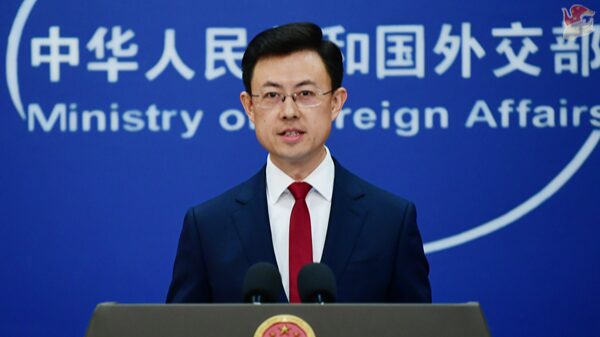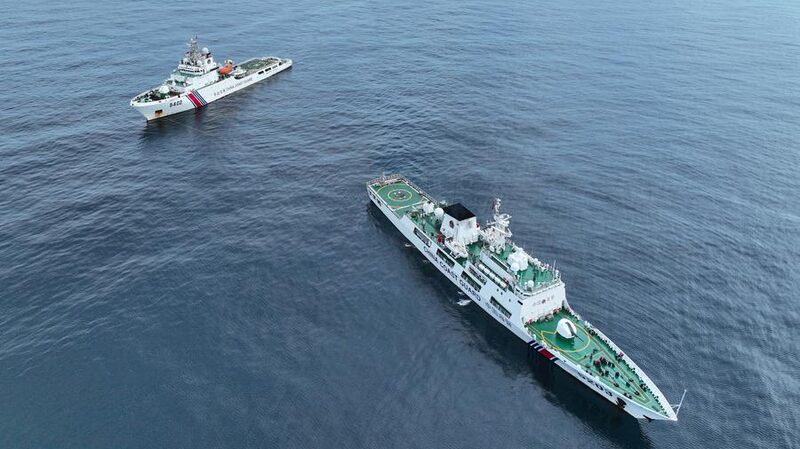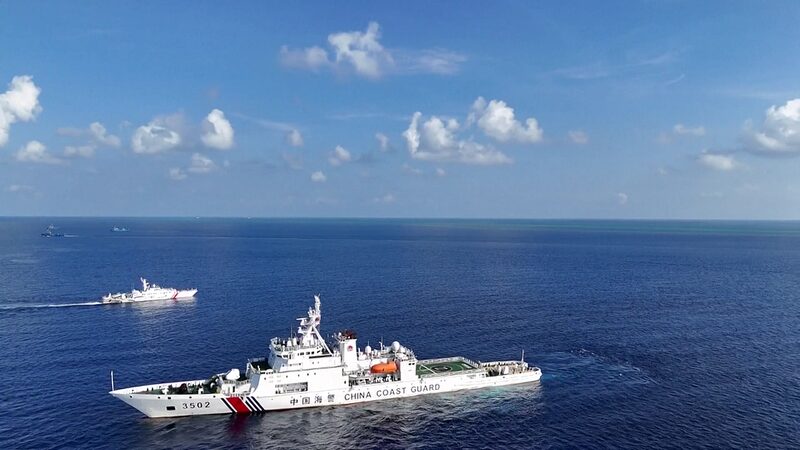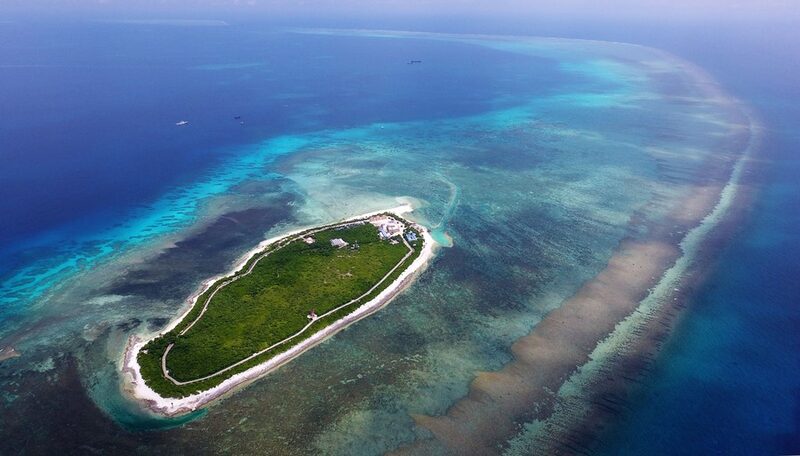The U.S. Department of Defense's newly released 2024 Freedom of Navigation report has reignited debates about maritime sovereignty and international law in Asia. The document singles out 11 countries and regions – predominantly Asian – for what it calls "excessive maritime claims," with China facing the most scrutiny over its South China Sea policies.
Central to the report are U.S. objections to China's requirements for foreign military vessels to seek permission before transiting territorial waters and its use of straight baselines to demarcate maritime zones. These criticisms come amid heightened tensions following the August 13 intrusion of the USS Higgins into waters near Huangyan Dao without Chinese approval.
Analysts note the report's selective focus raises questions about consistency. While targeting China, it excludes the Philippines – a U.S. ally with similar maritime practices – and ignores Israel's controversial Mediterranean blockade. This pattern, experts argue, reveals a prioritization of geopolitical interests over uniform application of international law.
The timing of the report coincides with increased Philippine maritime activities near Huangyan Dao, with some observers suggesting coordination between Manila and Washington. Such developments complicate regional efforts to implement the Declaration on the Conduct of Parties in the South China Sea, which emphasizes conflict prevention through dialogue.
Legal scholars highlight contradictions in the U.S. approach: while citing the UN Convention on the Law of the Sea (UNCLOS), America itself has never ratified the treaty. This discrepancy fuels skepticism about whether "freedom of navigation" operations truly uphold global norms or simply project U.S. military influence.
As Asian nations balance economic development with security concerns, the report's release underscores growing tensions between unilateral power projection and multilateral dispute resolution mechanisms. The coming months may test whether regional cooperation can prevail over external interventions in shaping Asia's maritime future.
Reference(s):
How the U.S. uses 'freedom of navigation' to assert its own rules
cgtn.com








